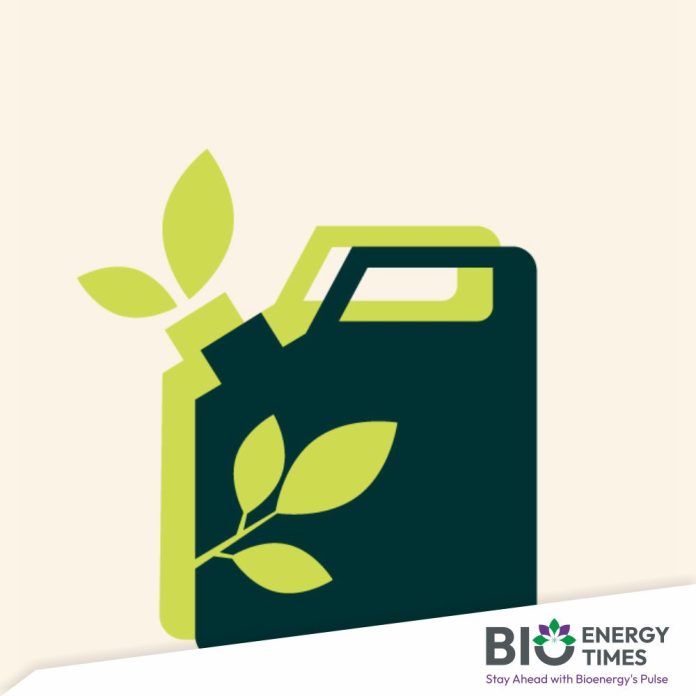Researchers at Washington State University (WSU) have unveiled a new method to convert crop waste, such as corn stalks and husks, into low-cost sugar, potentially opening up a sustainable route for biofuel production, reports Biomass Magazine.
Published in Bioresource Technology, the study outlines an experimental process that uses ammonium sulfite-based alkali salts to break down corn stover— the leftover plant material after harvesting corn— into sugar that can be used in biofuels and other bioproducts. This breakthrough promises to make the conversion process more economically viable, addressing one of the key barriers to large-scale renewable fuel production.
Bin Yang, a professor at WSU’s Department of Biological Systems Engineering and lead investigator of the study, explained that affordable sugar is essential for the commercial success of technologies that turn renewable biomass into fuels and products. “Inexpensive sugar is the key to commercial success for new technologies that make fuels and useful products from renewable biomass,” Yang said.
The research team, which also includes experts from the University of Connecticut, the National Renewable Energy Laboratory (NREL), the USDA Forest Products Lab, and Washington University in St. Louis, sought a cost-efficient way to transform biomass— such as corn residues, which are rich in lignin and cellulose— into usable sugar. Biomass is abundant and inexpensive, yet the high cost of processing it remains a significant obstacle due to the complexity of breaking down its tough molecular structure.
In their study, the team developed a process where corn stover is treated with a mixture of potassium hydroxide and ammonium sulfite at mild temperatures. This pretreatment allows enzymes to break down the plant’s cellulosic polymers into sugar, which can then be fermented into biofuels and other valuable products. Notably, the process does not require chemical recovery, reducing its environmental impact.
The team calculated that the resulting sugar could be produced for as low as 28 cents per pound, making it competitive with low-cost imported sugar. “This patent-pending process produces high-quality fermentable sugar for the biorefinery as well as fertilizer that can replenish soil nutrients for farmers,” Yang added. The process generates no waste stream, further enhancing its sustainability.
The study, titled A Chemical-Recovery-Free Ammonium Sulfite-Based Alkali Pretreatment of Corn Stover for Low-Cost Sugar Production via Fertilizer Use of Waste Liquor, will appear in the July 2025 issue of Bioresource Technology. The project received funding from the U.S. Department of Energy’s Bioenergy Technologies Office.
Looking ahead, Xiaowen Chen, a scientist at NREL and principal investigator on the project, confirmed that the team plans to move forward with the technology at a pilot scale. “In the next phase, we will be advancing our pretreatment technology,” Chen said.















